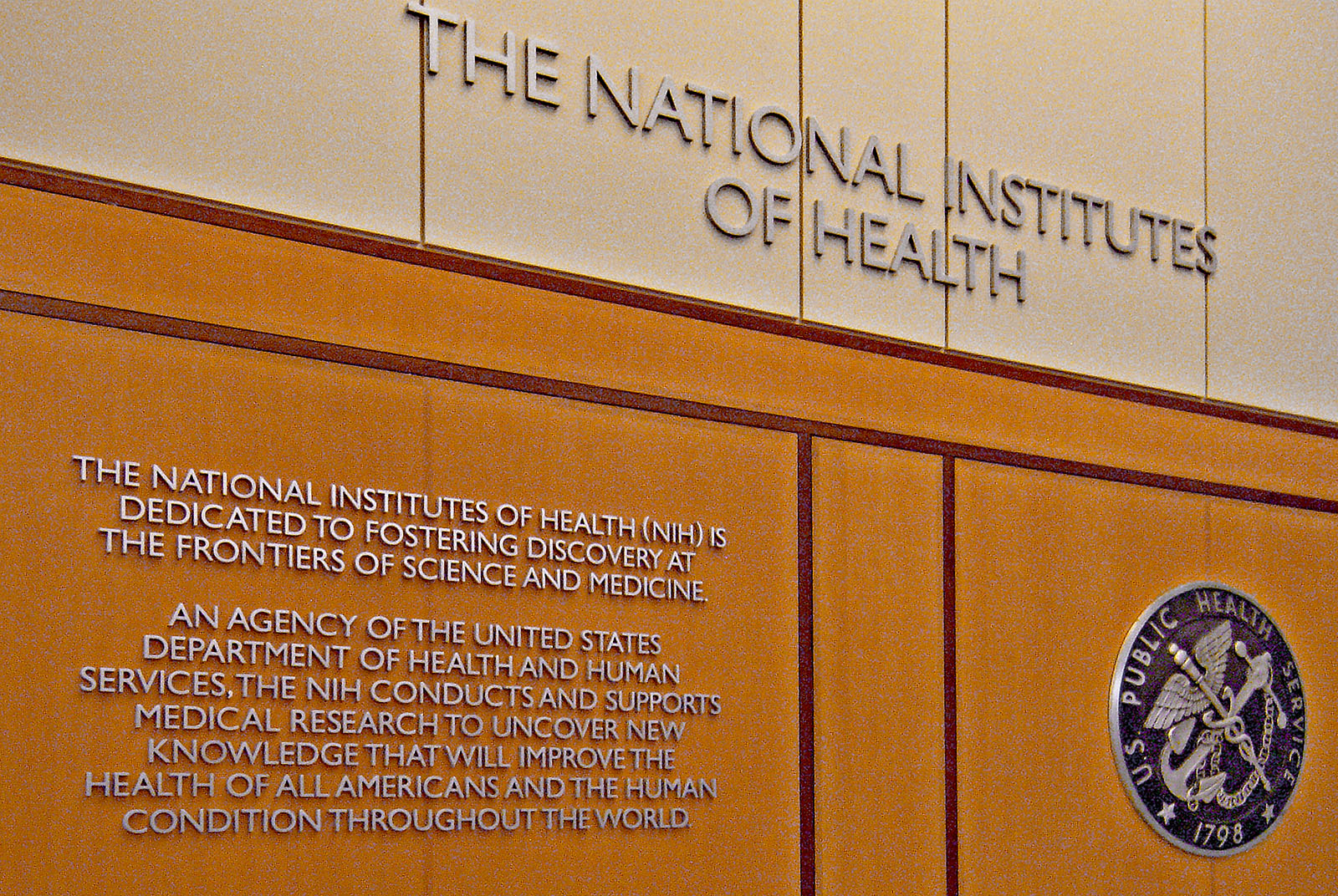Dear Chairs DeLauro and Murray and Ranking Members Cole and Blunt:
The CLS is deeply grateful to your longstanding and bipartisan leadership in support of the National Institutes of Health (NIH), as demonstrated by the consecutive increases for NIH over the past six years. As the Appropriations process begins, we urge your continued support for sustained and robust funding for the annual NIH appropriations, the need for research recovery relief, and your thoughtful consideration on the proposed ARPA-H.
As the research enterprise works to recover from pandemic-related disruptions and renews efforts to address the unprecedented scientific opportunity across all disease areas, it is critical that the United States make forward-thinking investments that promote medical breakthroughs, prepare for future pandemics, and sustain our international leadership in biomedical research. We respectfully request that the program level for the agency in Fiscal Year (FY) 2022 should be at least $46.1 billion, $3.2 billion above the final FY21 funding level, to reflect the rich research opportunities that will help improve the health of patients everywhere.
The COVID-19 pandemic has illustrated how sustained support for research is essential to ensure a resilient health care infrastructure prepared to respond to both novel and existing threats. As the pandemic progresses and the long-term consequences for people affected by it become clearer, the urgency to expand existing and initiate new COVID-19-related research across the agency has increased. At the same time, support is needed to resume pre-pandemic research that was suspended due to lab closures and to address emerging challenges as labs reopen.
While certain sectors of the research enterprise worked on unraveling the emerging challenges of COVID-19, the pandemic has had a devastating impact on every non-COVID element of the U.S. biomedical research and training enterprise. Researchers in every state were forced to suspend laboratory investigations and clinical trials for their own personal safety and to comply with institutional and government sanctions. The closure of research facilities is impacting all researchers, but disproportionally disadvantaging women, trainees and early-stage investigators. At my own institution, UCSF, non-COVID research laboratories were closed in mid-March 2020, and not approved for full re-occupancy until June 21, 2021, fifteen months later. The disruptions caused to the research enterprise will take years to resolve.
To help address this crisis, CLS supports infusion of a full year of new funding into every NIH extramural research and training funding mechanism, as detailed and justified in our April 2021 letter. We urge Congress to include research relief funding in any final infrastructure/Build Back Better package. Like the physical roads and bridges that we traditionally consider infrastructure, our nation’s medical research facilities and research personnel are critical infrastructure that are essential to improve our health and prosperity.
Finally, the CLS looks forward to engaging Congress and the Administration on President Biden’s new proposal to create the Advanced Research Projects Agency-Health (ARPA-H). We are very encouraged by this level of commitment to biomedical research, and find the
ARPA concept and operating model to be potentially transformative. However, we urge careful consideration of its administrative and governance relationship to NIH, as a fully independent Directorship, overseeing an independent budget, will be critical to ARPA-H’s success.
Thank you for your leadership and for making a strong NIH a bipartisan, national priority. Our nation’s investment in medical research has resulted in better health and hope for patients everywhere. We look forward to working with you as these—and other NIH priorities—are considered in Congress.
Sincerely,
Keith R. Yamamoto, Ph.D.
Chair, Coalition for the Life Sciences
Vice Chancellor for Science Policy and Strategy, UCSF
Director, UCSF Precision Medicine
Vice Dean for Research, School of Medicine
Professor, Cellular & Molecular Pharmacology









